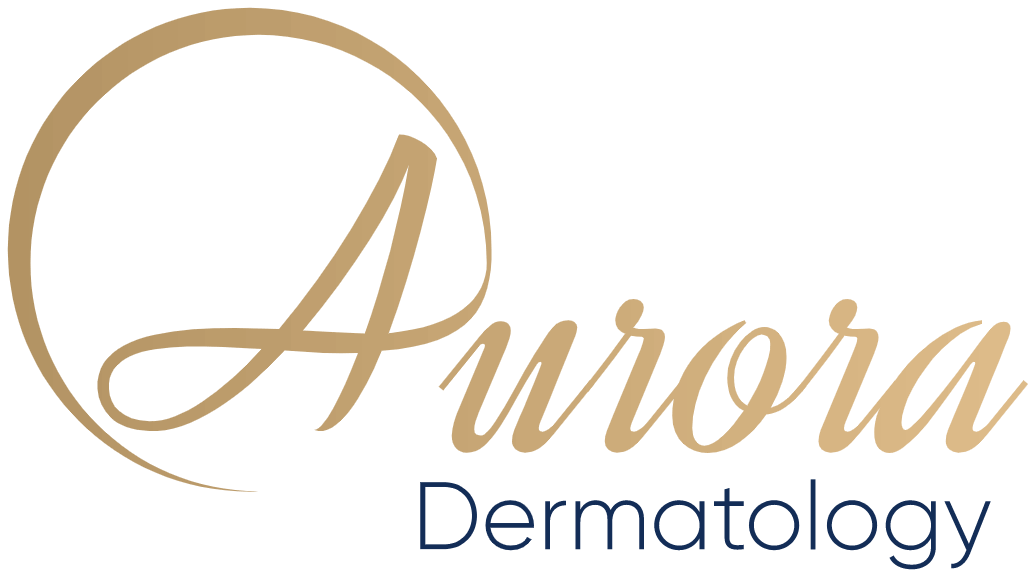IPL

IPL Treatment (Intense Pulsed Light)
Aurora Dermatology is delighted to offer patients IPL therapy for redness, rosacea, facial spider vein (telangiectasis), broken capillaries, wrinkling and skin tightening Known as photorejuvenation, IPL is also helpful for stretch marks and mild to moderate acne. Dermatologist Dr Parisa Arianejad answers your most asked questions about the procedure.
What is Intense pulsed light (IPL) treatment?
- Intense pulsed light (IPL) is a non-invasive light treatment, which works in a similar way to laser therapy.
- The fundamental difference is that unlike a laser which uses only one specific wavelength, the IPL delivers multiple wavelengths of light energy.
- IPL is considered a non-ablative resurfacing technique, which means that the lower layer of the skin (dermis) is targeted, without impacting the top layers.
- There is practically no downtime and the patient can come in at lunch and be back at their desk straight afterwards.
What specific conditions is IPL used for?
- IPL is used for age spots, (e.g. brown spots, sun spots and freckles) as well as surface capillaries and red discolouration, mild melasma, acne and facial rejuvenation.
- Light energy transfers heat into target cells within the skin, which damages the target cell but does not impact surrounding skin.
- The targeted cells will be sloughed off by the body (peeling).
- Most people can be treated with IPL, but darker skin types will require lower energy settings, which may mean a few more treatments to achieve the results desired.
How do I prepare for IPL at Aurora Dermatology?
- In your first consultation, Dr Parisa will discuss your skin concerns and provide you with a plan. Often she may suggest a combination of treatments or therapies to best achieve your skin goals which may include various types of laser, topical medications and lifestyle changes.
- Sun protection is mandatory (at least SPF30) for 4 – 6 weeks prior to treatment.
- This makes the treatment safer for the surrounding skin.
- Treatment may be delayed until Autumn or Winter to reduce the risk of treating tanned skin, which is contraindicated.
- 10 days before your treatment, you should stop all skincare products containing retinol/retinoids, vitamin A, exfoliants and acids.
- You may also be asked to avoid certain procedures to the treatment area such as waxing or injections.
- Your procedure will be performed on a separate day, after having a consultation with Dr Parisa.
How is IPL performed?
- On the day of treatment, Dr Parisa’s nurses will take photographs of the treatment area.
- The skin in the area to be treated will be cleaned and marked up with a special pen.
- You will be asked to wear special goggles to protect eyes and ultrasound gel will be applied to the area being treated.
- Anaesthetic and pain medication is usually not required.
- You may feel a ‘flick?’ like a hot rubber band hitting the skin when the IPL is used.
- You will still notice a slight flash of light even with your eyes closed and wearing appropriate eye goggles.
- Dr Parisa may prescribe antivirals if you are having a history of cold sores and these should be taken the day of treatment.
- To achieve desired results, IPL often needs 4-6 sessions every three to six weeks, each lasting about 20 minutes.
How effective is IPL?
- The effectiveness of IPL depends on what you want the treatment to fix. The results may include:
- Up to 50%-75% of reduction in appearance of broken blood vessels that cause redness on the skin.* Remember, while treated small capillaries may completely go away, new ones might show up later.
- Reduction of some/much of the flush caused by rosacea especially in combination with oral or topical treatment
- Many women say IPL makes them appear younger with more even skin tone and less redness.
- There may be less brown spots caused by sun damage.
- IPL may also help with acne scarring.
What are the risks and side effects of IPL treatment?
-
- IPL is not suitable for pregnant women, people with recent sunburn or tanning, or dark skin types.
- Common side effects include skin turning pink (think mild sunburn), peeling, redness and swelling that starts straight after treatment and may last a few days after treatment.
- Permanent side effects are uncommon and more likely to occur if instructions are not followed (such as skin being tanned at the time of treatment).
- The rare side effects include scarring, blistering and pigmentation changes which can be lighter or darker and may be permanent.
- Bruising affects up to 10% of patients.
- Hair loss may occur.
Sources:
IPL Treatment: Cost, Procedure, and More – Healthline
Intense Pulsed Light Therapy (IPL Treatment) – WebMD
Intense pulsed light (IPL) treatment: Uses and what to expect – Medical News Today

